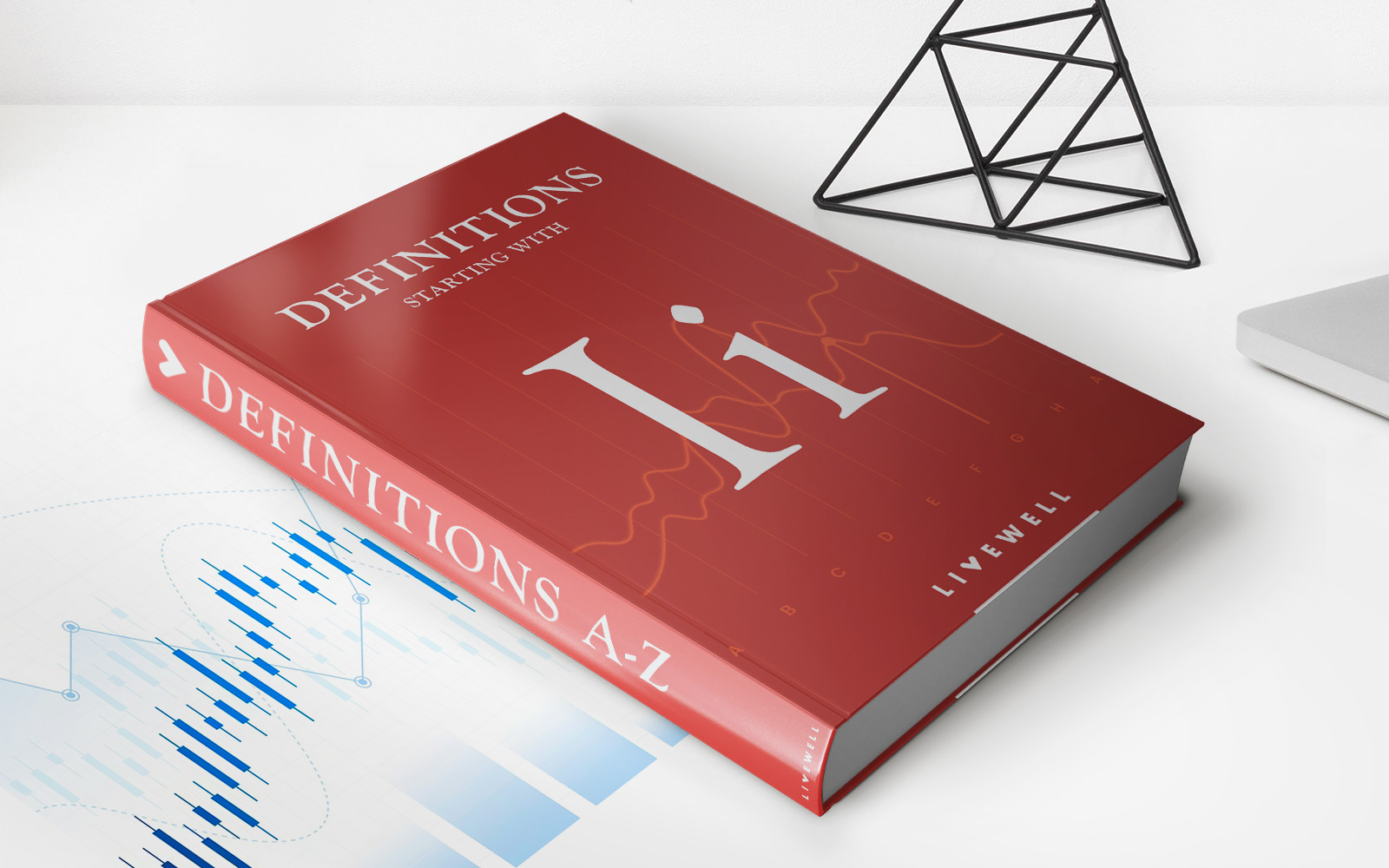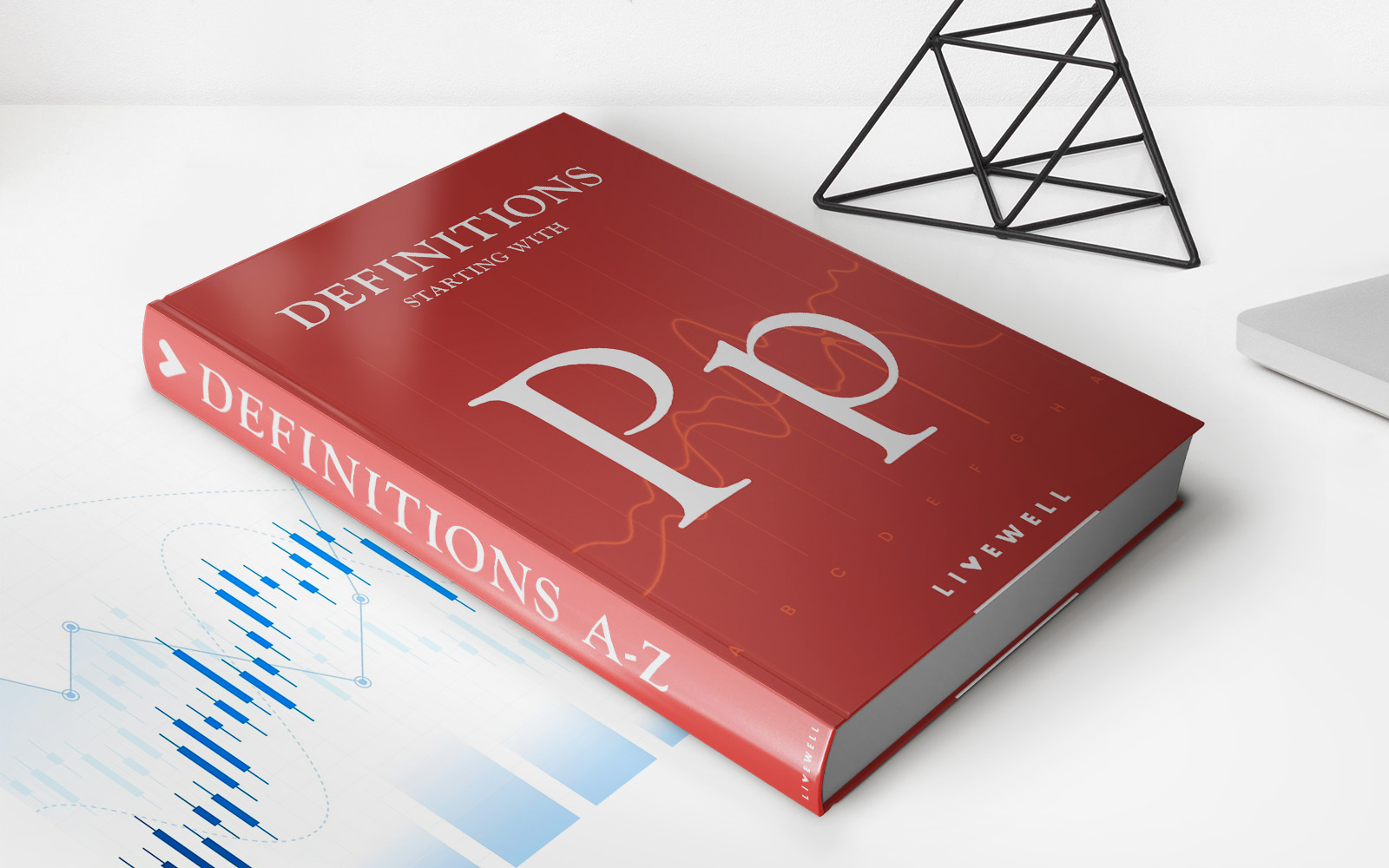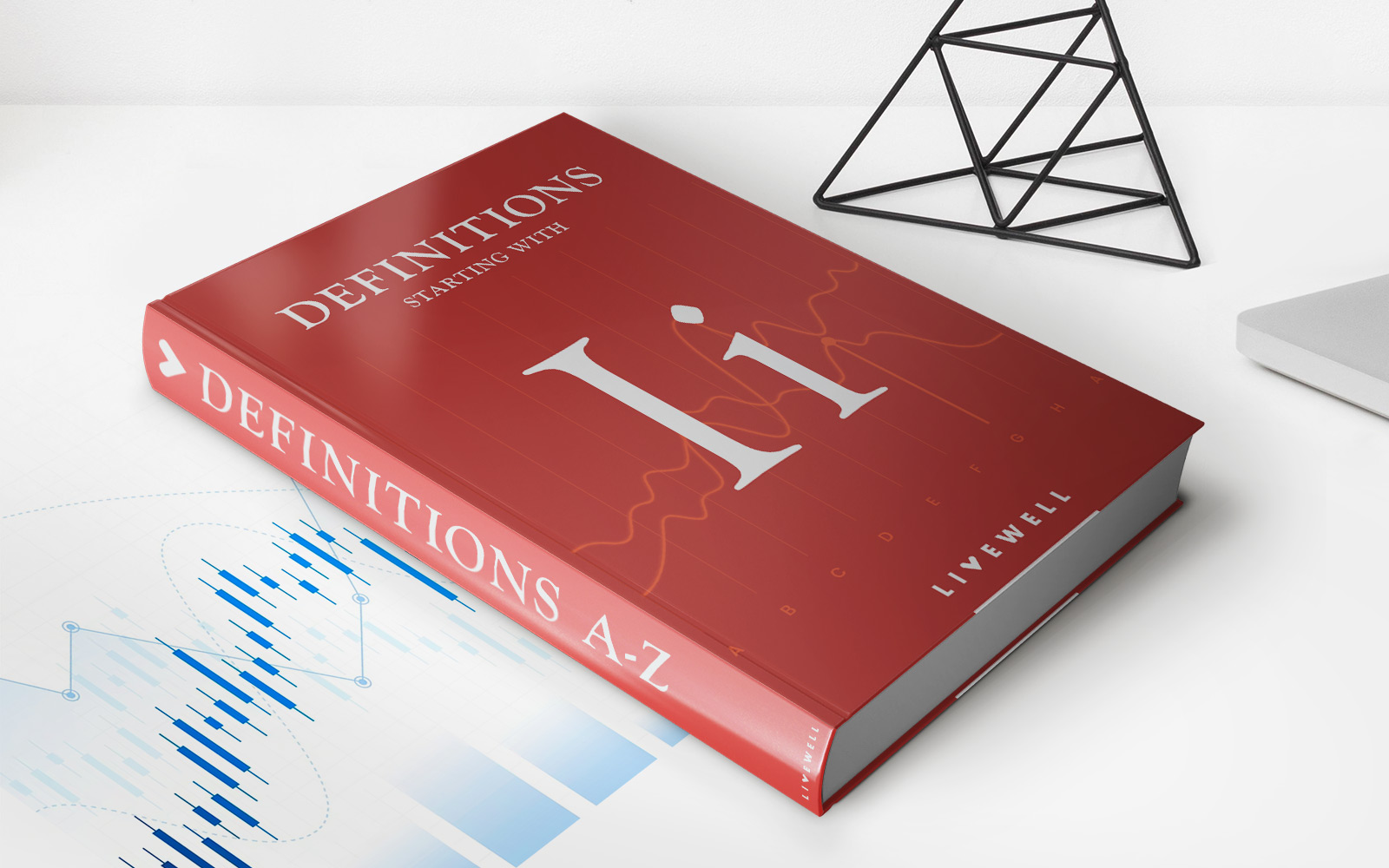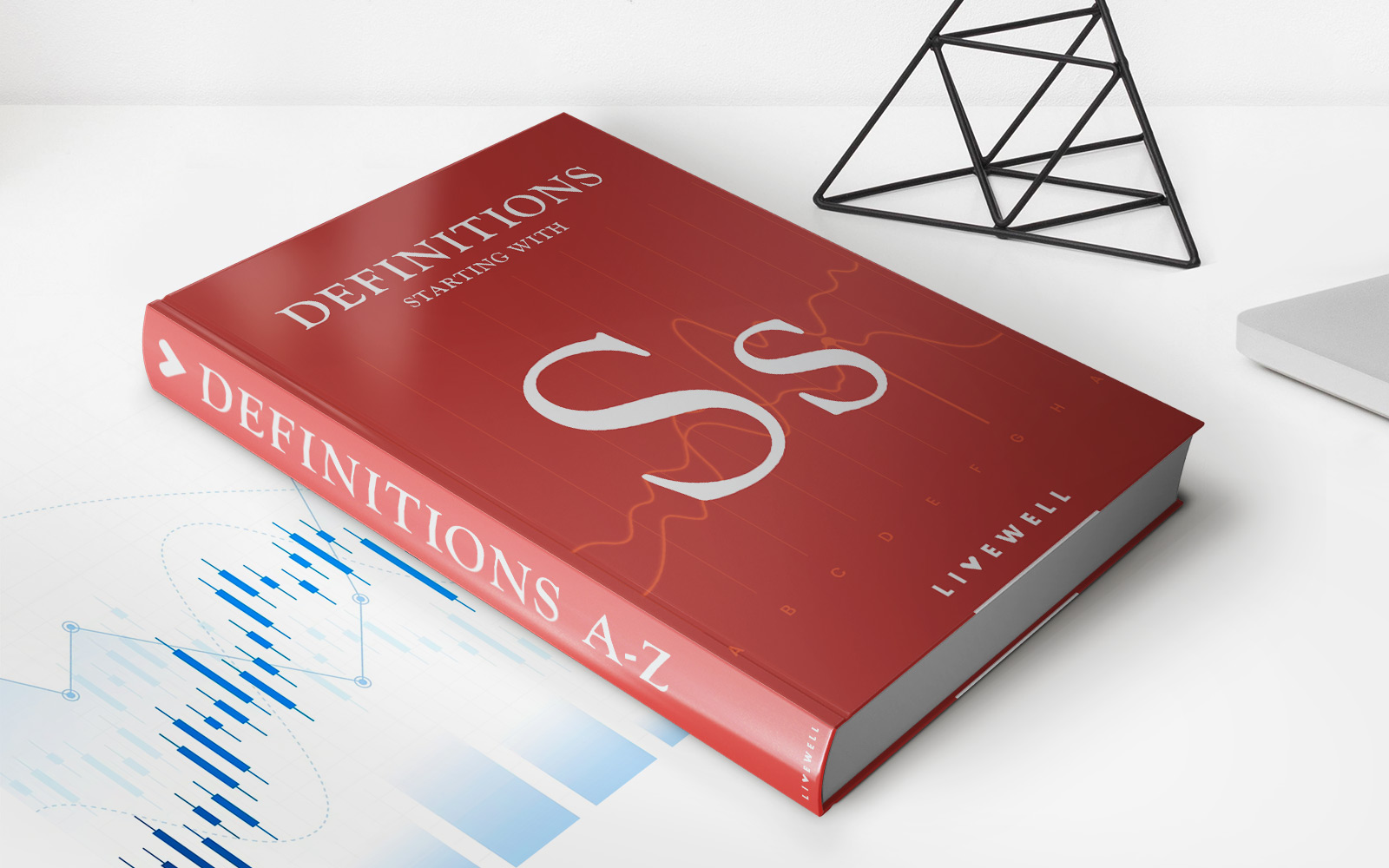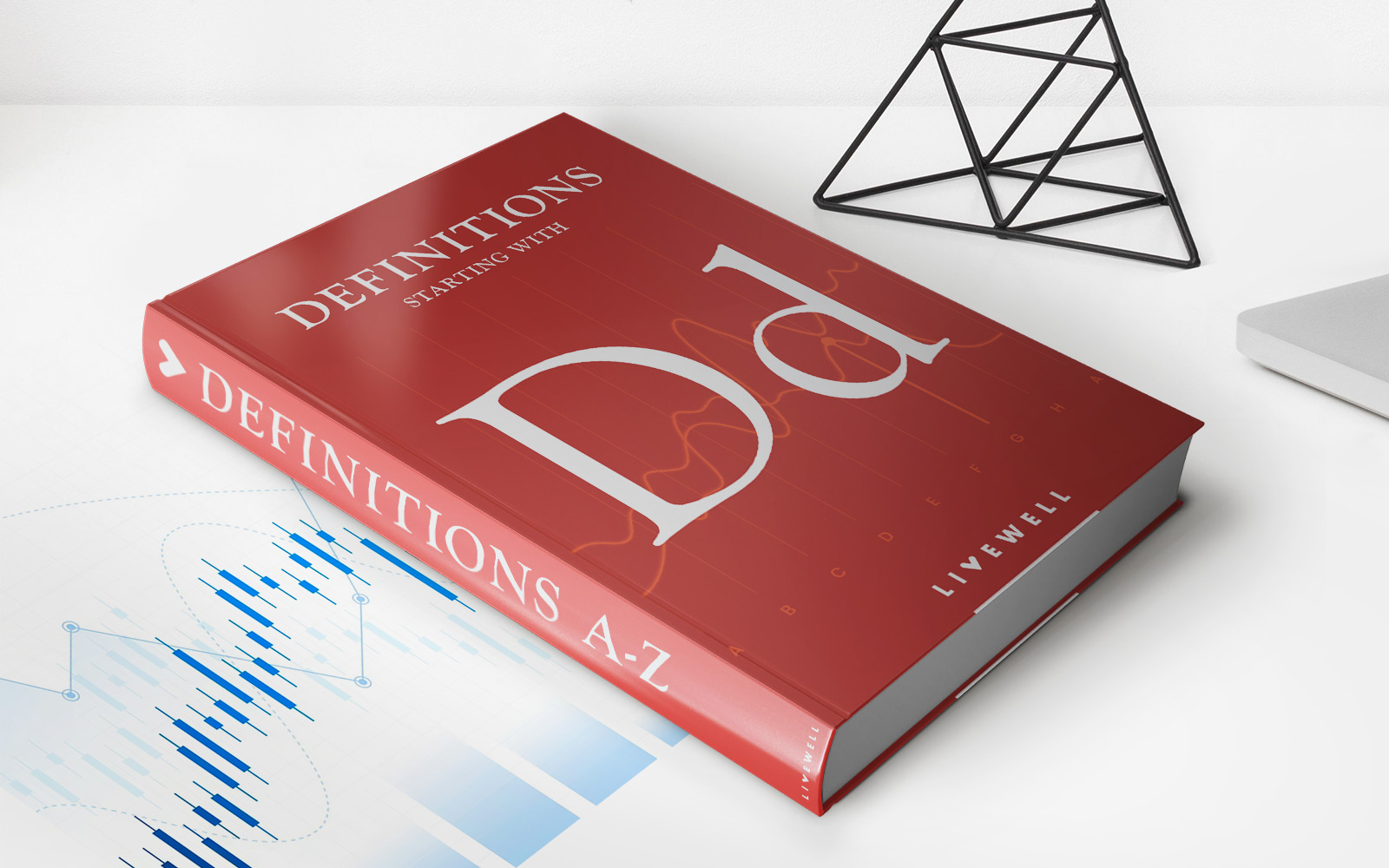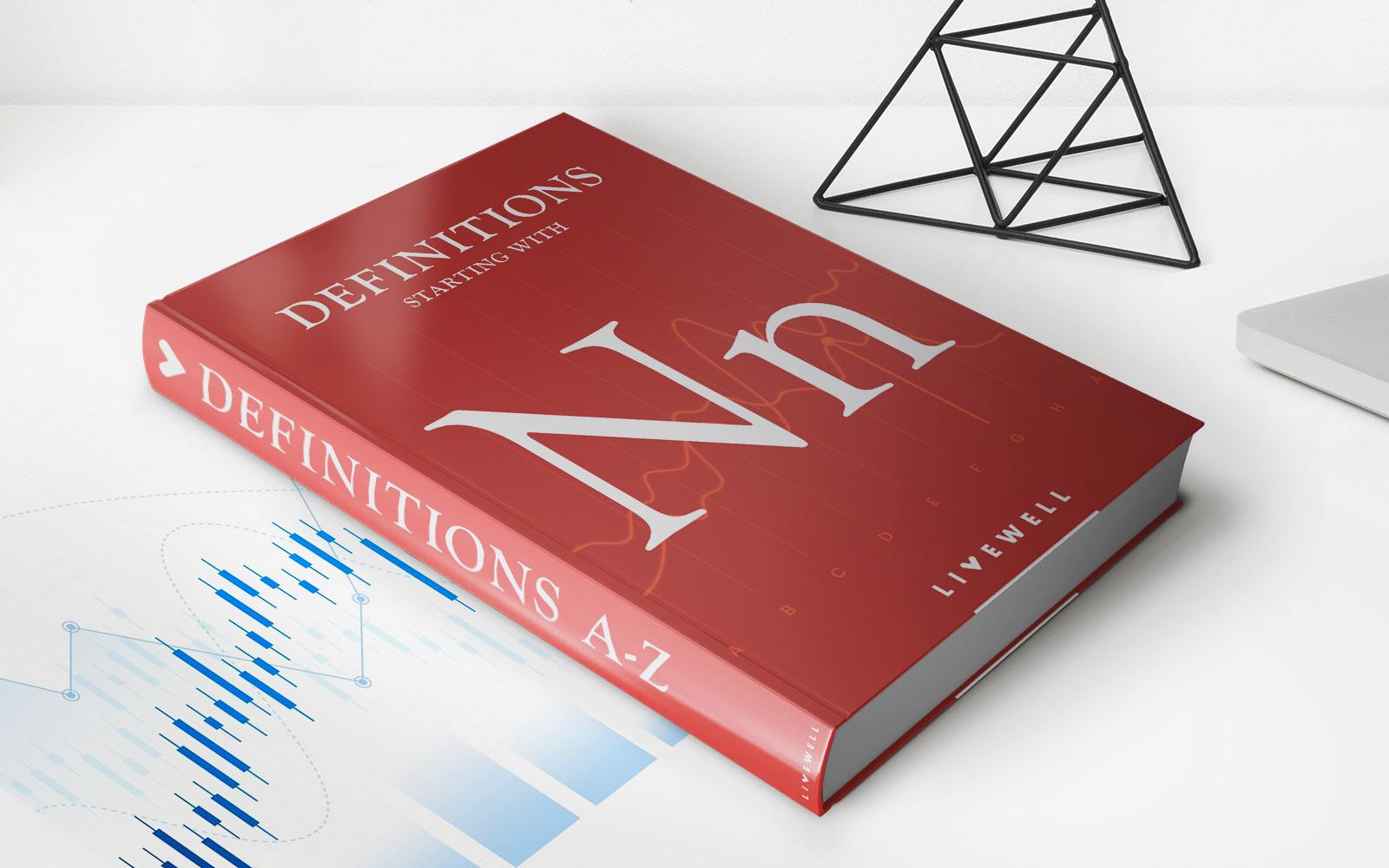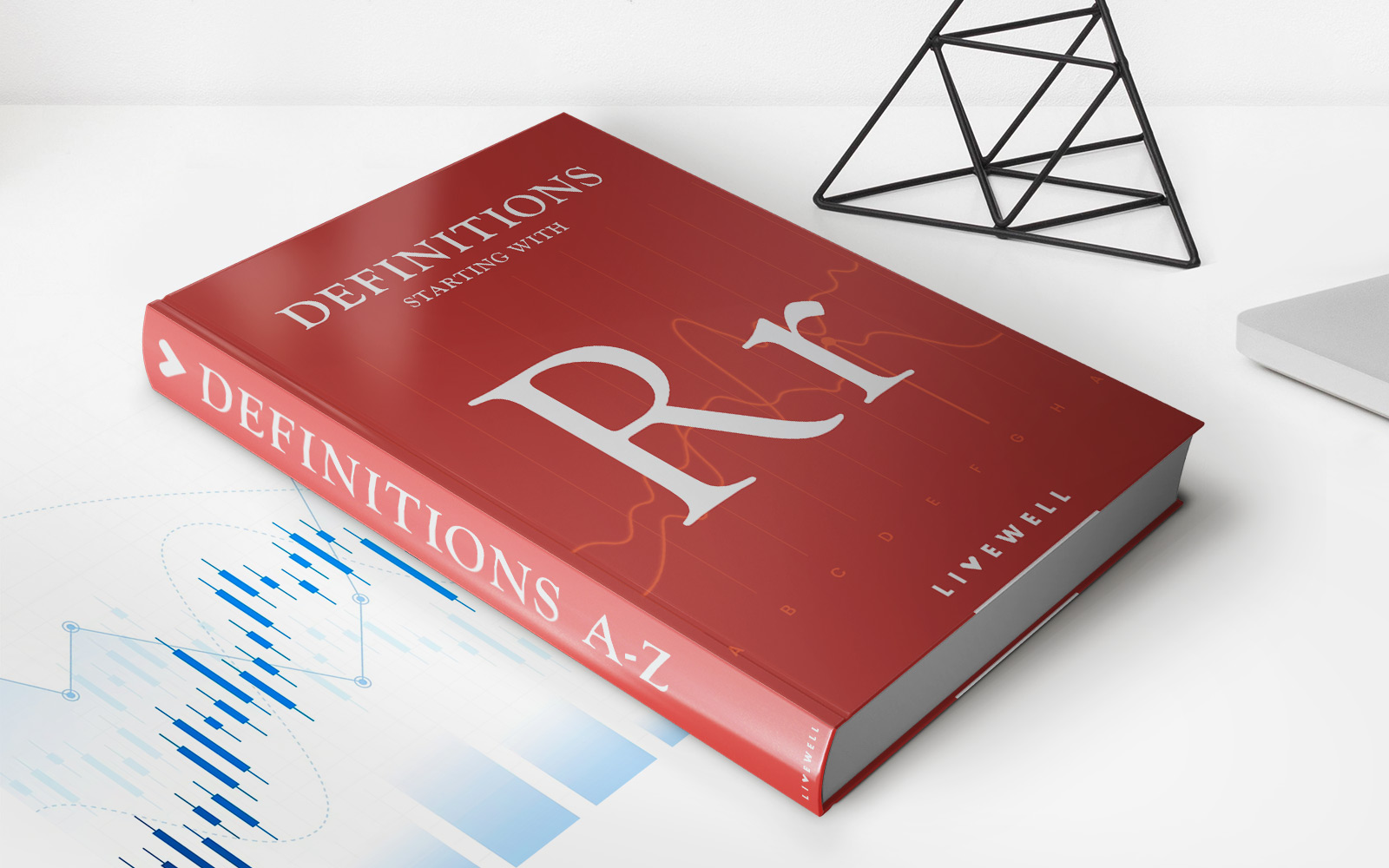

Finance
The Pros And Cons Of Using Cash Credit
Modified: September 6, 2023
Explore the advantages and disadvantages of using cash credit. Our guide answers all questions you might have about cash credit and if it is ideal for you!
(Many of the links in this article redirect to a specific reviewed product. Your purchase of these products through affiliate links helps to generate commission for LiveWell, at no extra cost. Learn more)
Risk-taking is almost always synonymous with entrepreneurship. Putting up a business has risks and challenges that come with it. One of the biggest challenges that come with managing your own business is securing regular cash flow.
You can position yourself for a profitable year but still struggle with daily expenses if your profit does not match your costs. This is where cash credit will be able to help.
What Is Cash Credit?
Cash credit is a short term source of finance banks provide to help businesses meet their monetary requirements. The amount that one can borrow is based on the drawing power of the borrower. You cannot avail of cash credit if your business has weak drawing power.
What Is Drawing Power?
Drawing power is the limit to which a borrower can withdraw funds. It is based on a businesses’ closing stock and book debts. The owner of the business submits these figures to the bank as part of their monthly assessment.
Banks do it as a way to keep tabs on the performance of the company. If a business is doing well, the drawing power of the business will reveal that. If a business isn’t earning enough money, the drawing power serves as an early warning to the bank.
Once a borrower proves to the bank that your business has strong drawing power, you’ve taken a strong step towards obtaining cash credit.
Do You Need To Provide Collateral In Getting Cash Credit?
Yes, you do. Lenders that apply for corporate loans, (a cash credit loan falls under this), need to provide two forms of collateral to the bank.
When a borrower acquires an asset under a loan, the lender offers the asset as security for the financed amount, falling under primary security collateral. To put it simply, it is the thing that is being financed. If a person takes out a housing loan, the house is the primary security collateral.
If the bank feels that the primary security collateral is not enough to cover the risk associated with your loan, it asks for collateral security. Collateral security is taken when assets created through the loan amount are not enough to fully cover the loan. Examples of collateral security are life insurance policies, title deeds, etc.
Should I Expect Interest Rates?
Yes, and expect it to be higher compared to other loans. The reason for this is that the interest is based on what the lender gave as collateral security.
On the other hand, when business owners file their Income Tax Returns, the interest payments made under cash credit are tax-deductible, lessening their financial burden.
Are New Businesses Eligible?
It may be difficult for new businesses to get cash credit because there are a lot of requirements, and some of the requirements are based on the performance of the business over some time.
Usual examples of requirements that the company needs to submit to the bank are accounts receivables balances, minimum commitment charge, etc.
Are You Eligible For Other Loans After Applying For Cash Credit?
Yes, once you successfully comply with all the terms of the agreement under cash credit, the borrower becomes eligible for other forms of financial assistance from the bank.
What Do Most Businesses Use Cash Credit For?
The cash credit facility helps businesses with their working capital. Working capital is the capital of a business used in everyday operations.
It is a good measure of a company’s short term liquidity. Business owners use the working capital of a company to perform financial analysis and manage cash flow.
How Is Working Capital Calculated?
To calculate the working capital of a business, you need to calculate the current assets of a business minus the current liabilities of that same business.
Another term for working capital is net current assets. A company needs to have a strong and steady working capital.

Photo from piqsels.com
Cash Credit Or Loans: Which Is Easier?
Yes, it is easier to get this type of financing from banks, turnaround time is a lot faster compared to other loans. Also, there are lesser requirements as far as security and other formalities are concerned.
Is Cash Credit The Same As Overdraft?
Some people confuse cash credit with overdraft, and vice-versa. While there are some similarities, they are not the same. Cash credit and overdraft both refer to lines of credit from a lender. Simply put, cash credit and overdraft are both forms of borrowing.
Businesses are more likely to receive cash credit. However, before they receive their loan, they need to present collateral to the financial institution they are borrowing from.
On the other hand, overdraft is an extension of credit given by a bank when an account reaches zero. Customers are allowed to borrow a set amount of money from the bank with overdraft.
There is interest fee on the loan and a fee per overdraft. Overdraft also allows customers to continue paying bills even when there is not enough money in their accounts.

Photo from wikimedia.org
How Do You Pay For Cash Credit?
Repayment of a cash credit loan can be done on a quarterly, monthly, daily, or weekly basis based on the repayment structure designed by the lender. When a loan is approved, a check book is issued by the bank in the name of the company.
The amount the business owner is allowed to withdraw, as well as the number of times the borrower is allowed to withdraw, usually depends on the bank or financial institution he or she is borrowing from.
What Documents Are Needed?
Borrowers need to submit a list of financial statements certified by a chartered accountant, bank account statements good for six months, loan payment records, income tax returns and proof of primary and secondary collateral.
Other banks may request for additional requirements or have specific stipulations within the aforementioned requirements. For example, with some lenders, a business must be in operation for at least three years, while other lenders will only accept businesses that have filed income tax returns for at least one year.
How To Apply For Cash Credit?
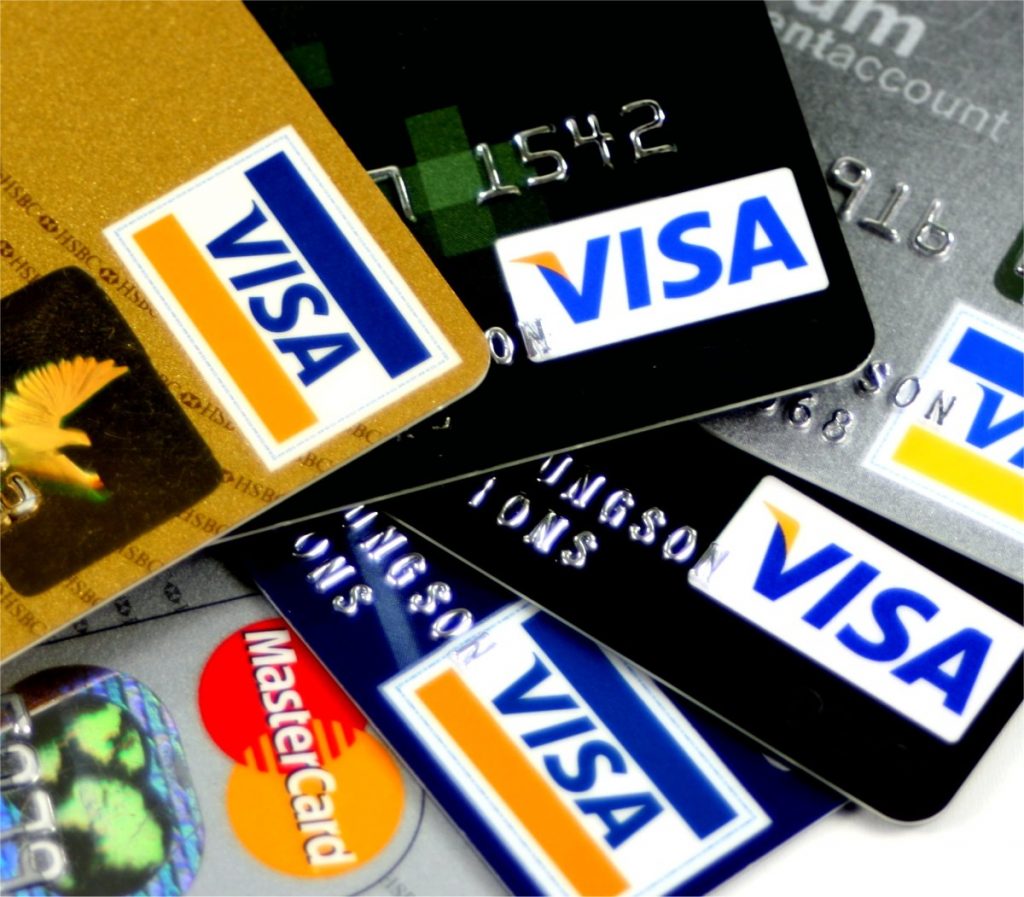
Photo from picpedia.org
Borrowers may visit the bank directly to apply for a cash credit loan. They may also visit the website of the bank to send in an online application. Furthermore, loan applicants need to meet the minimum age requirement set by the bank or financial institution.
Most lenders require a minimum age of at least 25 years. However, the criteria varies. Borrowers should contact the company they will borrow money from to know the exact age limit.
Am I Eligible Without Collateral?
No. If business owners want to apply for an unsecured loan (a loan without collateral), they can first apply for a personal loan and use the loan for their business. Unfortunately, unsecured loans have higher interest rates.
The interest rates applied to personal loans are based on the bank’s repayment terms, as well as the borrower’s loan quantum, annual earnings, and credit score.
Can Individuals Apply?
Banks offer cash credit to businesses. The credit limit of a cash credit account is usually a percentage of the value of the collateral a borrower puts up to get a loan.
Can You Extend The Duration Of Your Cash Credit?
Cash credit extends under terms set by the bank or financial institution providing the loan. Usually, the borrower presents another form of collateral covering the loan amount extended by the bank or loan agency. The lender has full access to this collateral.
How Long Does It Take To Apply?
That will depend on the bank or financial institution that you are lending from. Some lenders disburse the amount within 24 hours. For some lenders, it may take a few days to process the loan application and disburse the amount.
What Are The Processing Fees?
When businesses apply for cash credit, it is a common practice for most banks and other lending institutions to charge a processing fee. Some banks may also require a minimum commitment charge, a form of payment given to the bank for establishing the loan account.
Other charges like conversion charges, stamp duty charges, stock audit charges, vary from one lender to another.
In conclusion, cash credit has an equal number of advantages and disadvantages. If an entrepreneur needs more money to meet the working capital requirements of their business, cash credit is the best way to solve that problem.
On the other hand, new and financially weak companies may have a hard time obtaining cash credit because most lenders look at the business’s value of the inventory of a company, and overall financial status before granting a loan.
